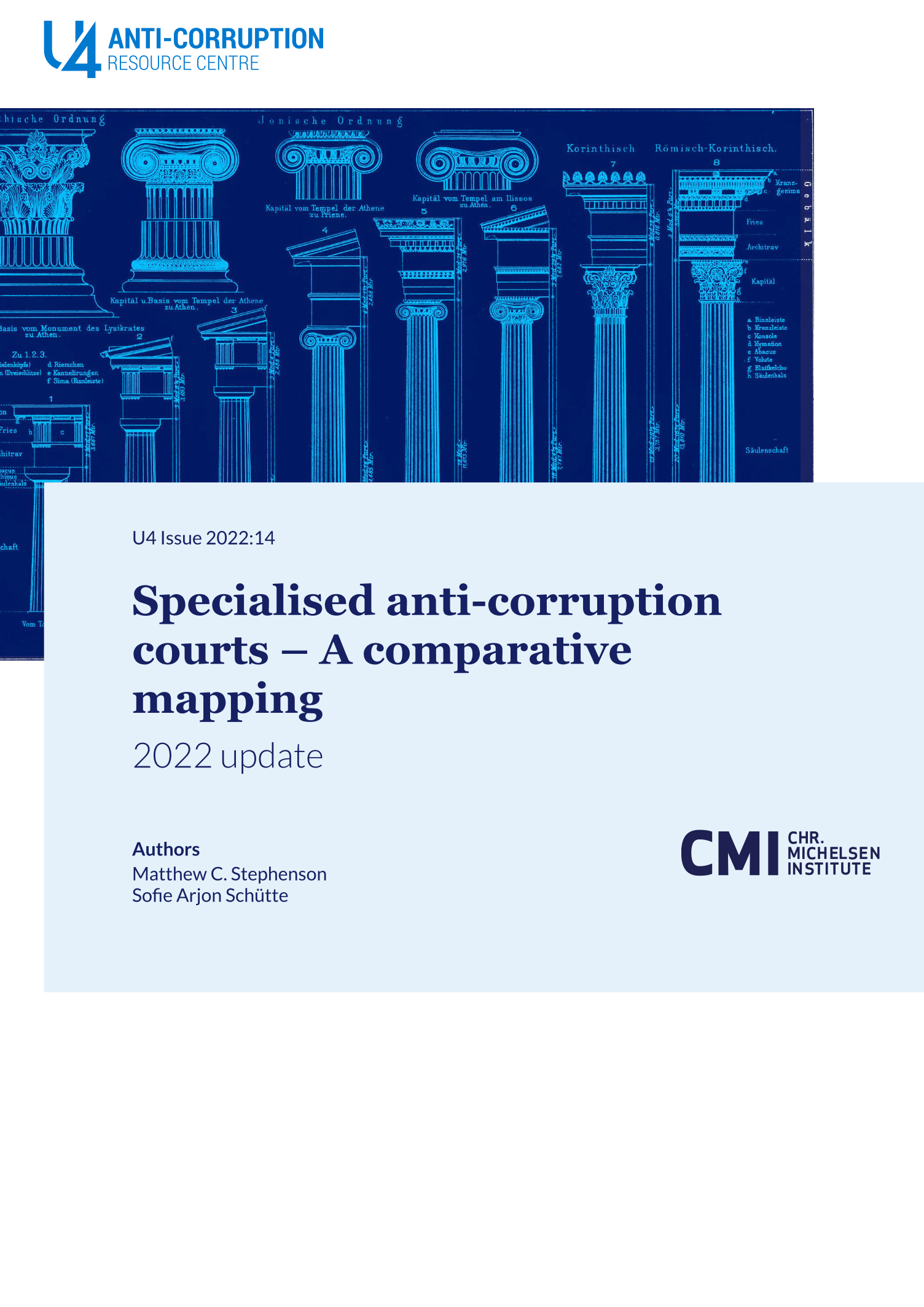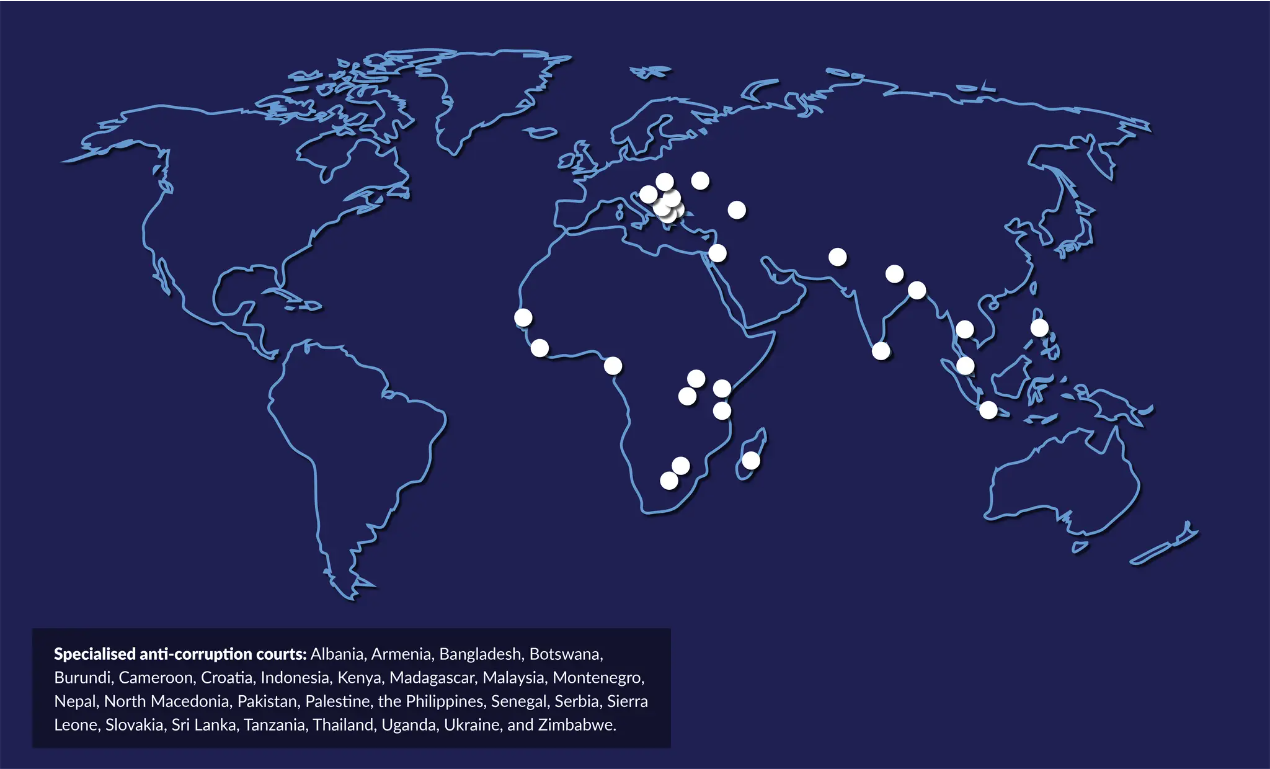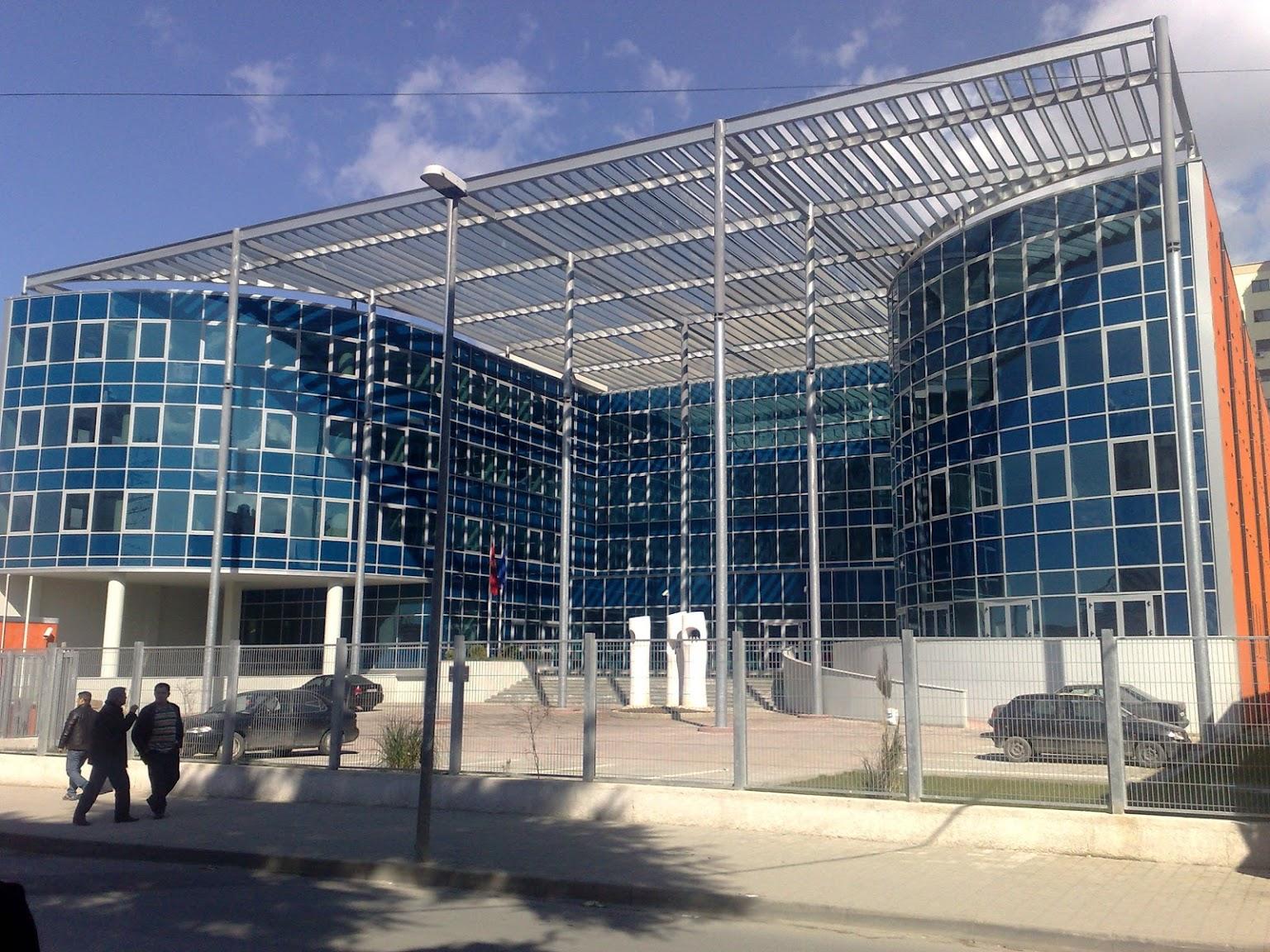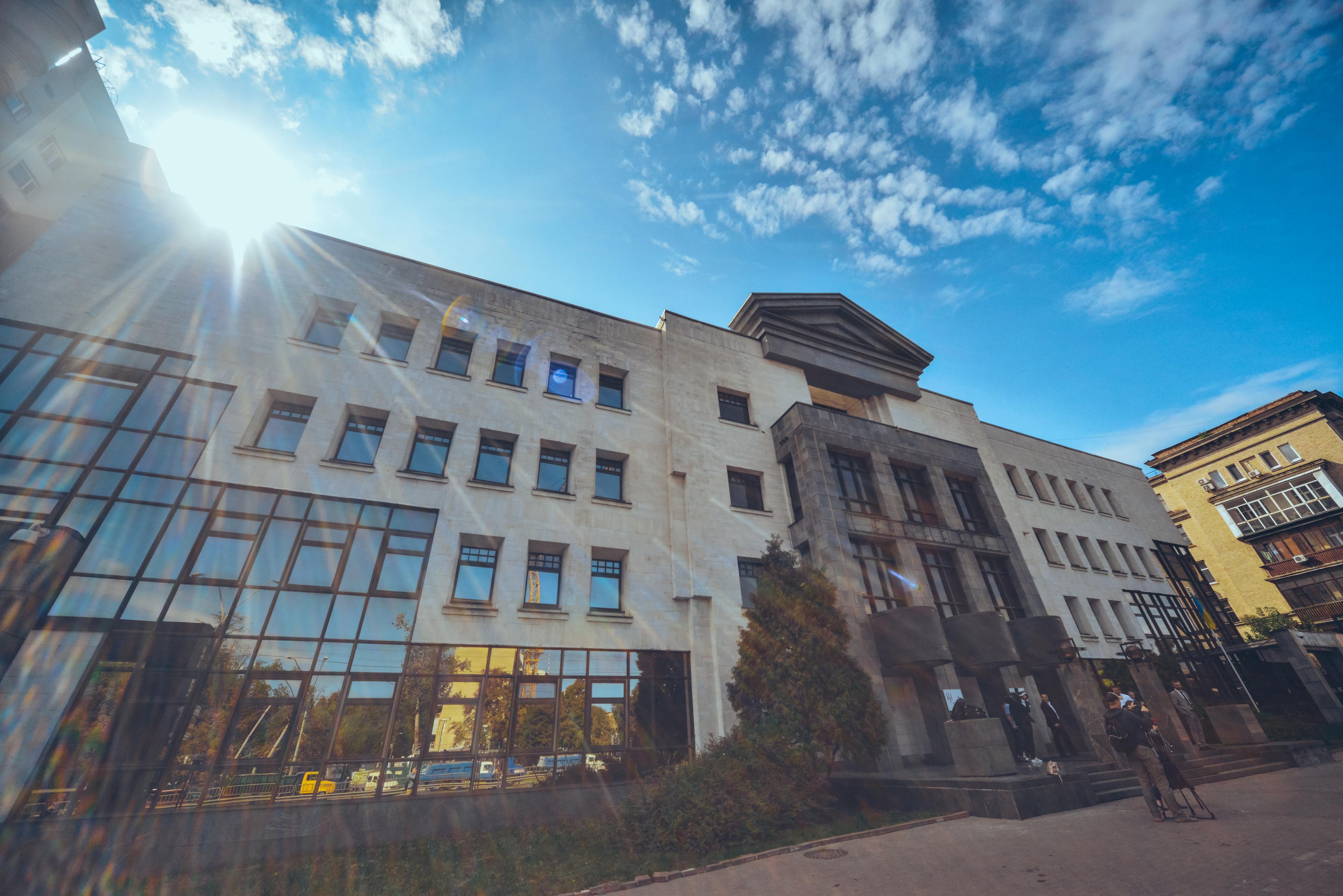Video: Publication launch
Experts share experiences and insights from the establishment of specialised anti-corruption courts in this panel discussion recording.
Main points
- There has been a steady increase in new specialised courts across Asia, Africa, and Eastern Europe, totalling 27 in mid-2022. On average, two new courts were set up each year over the past decade.
- About half of the jurisdictions with anti-corruption courts have relatively simple specialisation at trial level. Appeals are handled by the general court system. There is also an increase in the number of comprehensive parallel systems with specialisation at both trial and appeal levels.
- The most common reason for the establishment of special anti-corruption courts is the need for greater efficiency in resolving corruption cases promptly, signalling to domestic and international observers that the country takes anti-corruption seriously.
- In some countries concerns about the ability of the ordinary courts to handle corruption cases impartially have also led to the decision to create anti-corruption courts. Special procedures, such as new approaches to screening judicial candidates, are put in place to ensure the anti-corruption courts’ integrity.
- Investments in the collection and accessibility of data are necessary to allow for a rigorous analysis of the anti-corruption courts’ role in reducing corruption and of possible spill-over effects on the overall court system.



